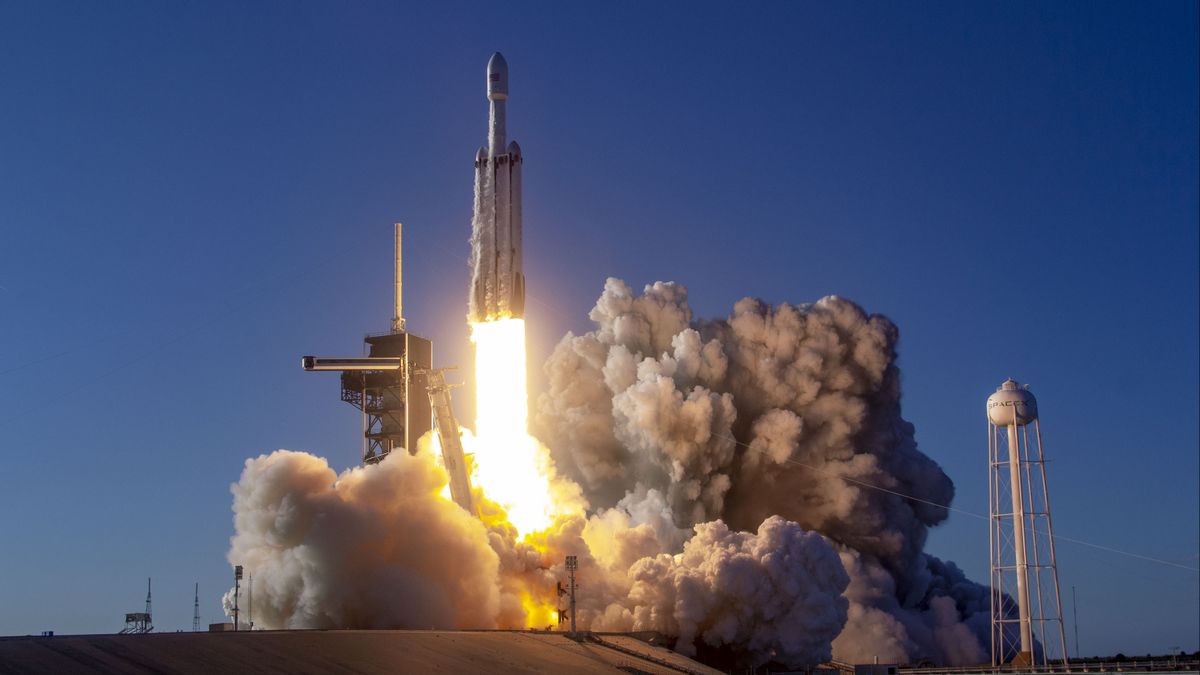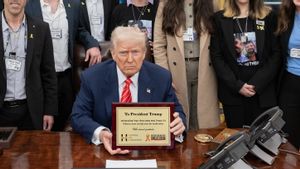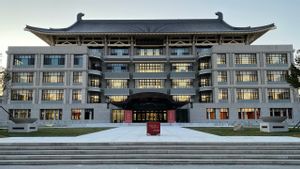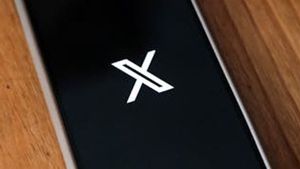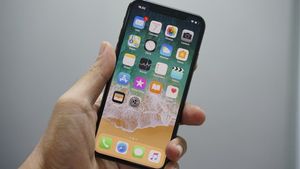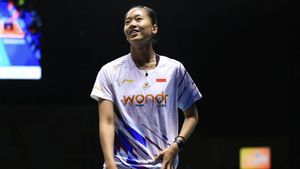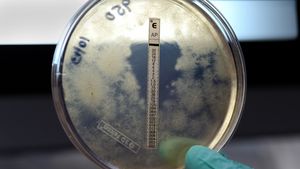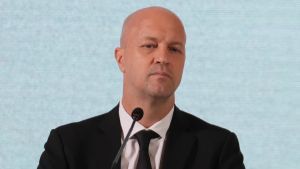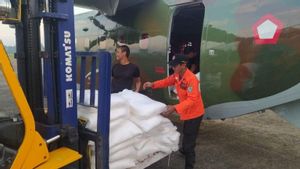JAKARTA - The European Space Agency (ESA) has started preliminary technical discussions with SpaceX, Elon Musk's space rocket company that could lead to the temporary use of its launchers after the Ukraine conflict blocked Western access to Russia's Soyuz rockets.
American private competitor for European Arianespace has emerged as the main contender to close the temporary gap alongside Japan and India. But the final decision hinges on an unfinished schedule for the delayed Ariane 6 rocket in Europe.
"I would say there are two-and-a-half options that we are discussing. One is SpaceX. The other may be Japan," ESA Director General Josef Aschbacher told Reuters.
"Japan is waiting for the maiden flight of the next generation rocket. Another option is India," he added in an interview. "SpaceX is in my opinion more operational than that and certainly one of the backup launches we've seen."
"Of course we need to make sure they match. It's not like jumping on a bus," he said. For example, the interface between the satellite and the launcher must be appropriate and the payload must not be disturbed by unknown types of launch vibration.
"We're looking into this technical compatibility but we haven't asked for a commercial offer yet. We just wanted to make sure that it would be an option to make a decision on asking for a firm commercial offer," Aschbacher said.
While SpaceX did not return a request for comment from Reuters, about this ESA plan.
SpaceX's Falcon 9 rocket has swept away another customer severing ties to the space sector from an increasingly isolated Moscow amid the Ukraine conflict. But this European mission could be seen as a significant victory for the US rocket maker.
Aschbacher stressed any backup solution would be temporary, however, adding he was not worried about the future of Ariane 6.
Satellite internet company OneWeb, a competitor to SpaceX's Starlink satellite internet venture, ordered at least one launch with the Falcon 9 in March. They have also ordered a satellite launch with an Indian rocket company.
On Monday, August 8, Northrop Grumman ordered three Falcon 9 missions to transport NASA cargo to the International Space Station while designing a new version of the Antares rocket, whose Russian-built engine was recalled by Moscow in response to sanctions.
Europe until now relied on the Italian Vega for small payloads, the Russian Soyuz for the medium ones and the Ariane 5 for heavy missions. The next-generation Vega C debuted last month and the new Ariane 6, which was designed in two versions to replace the Ariane 5 and Soyuz, has been delayed until next year.
Aschbacher says a more precise Ariane 6 schedule will become clearer in October after the current hot-firing test. The ESA will then finalize the backup plan to be presented to ministers from 22 countries in November, he said, adding the latest Ariane 6 delay was not the result of a significant new setback.
"But yes, the possible need for a backup rollout is high," he said. "The order of magnitude is certainly a handful of good launches so we needed a temporary solution."
Aschbacher said the Ukraine conflict had shown Europe's decade-long strategy of cooperation with Russia in gas supplies and other areas including space was no longer working.
“This is a warning that we are too dependent on Russia. And this warning, we must hope that decision makers realize as much as I do, that we must really strengthen our European capabilities and independence," he added.
However, he played down the prospect of Russia pledging to withdraw from the International Space Station (ISS).
Russia's newly appointed space chief Yuri Borisov said in a televised meeting with President Vladimir Putin last month that Russia would withdraw from the ISS "after 2024".
But Borisov later clarified that Russia's plans had not changed and Western officials said the Russian space agency had not yet communicated their new withdrawal plans.
"The reality is operationally, work on the space station is underway, I would say almost nominally," Aschbacher told Reuters. "We do depend on each other, like it or not, but we don't have much choice."
The English, Chinese, Japanese, Arabic, and French versions are automatically generated by the AI. So there may still be inaccuracies in translating, please always see Indonesian as our main language. (system supported by DigitalSiber.id)
